When clouds are low
and valleys of the city
full of mist.
When my spirits
are depressed by an absence
an absence.
When a sentimental deathwish
will not be straightened out
by detachment.
When I’m down and judgement
is razor-sharp while drive
is stone-dead.
Then go looking for old
Honeyland in the distance
Honeyland in the hills
Honeyland inside.
When heaviness radiates
from my disenchanted being
like a fog.
When thoughts grind
tortuously around some small
ancient mistake.
When possible
heavens of doctrine
are the hospitals of dementia.
When three-dimensional
fallen-angels lecture
in subconscious whispers.
Then go looking for old
Honeyland in the distance
Honeyland in the hills
Honeyland inside.
When the heart is an Antarctica
because her sunlight
has vanished.
When your dream-lover’s
gone travelling
in the Golden Triangle
When any given
romance is only
the ultimate status-symbol.
When the whole hyperactive
human panorama is
a disturbance of the peace.
When you would hurriedly-hurriedly
open up the floodgates
of the afterlife.
Tired and sick to death
of any search for Edens
in the dust.
Then go looking for old
Honeyland in the distance,
Honeyland in the hills
Honeyland inside.
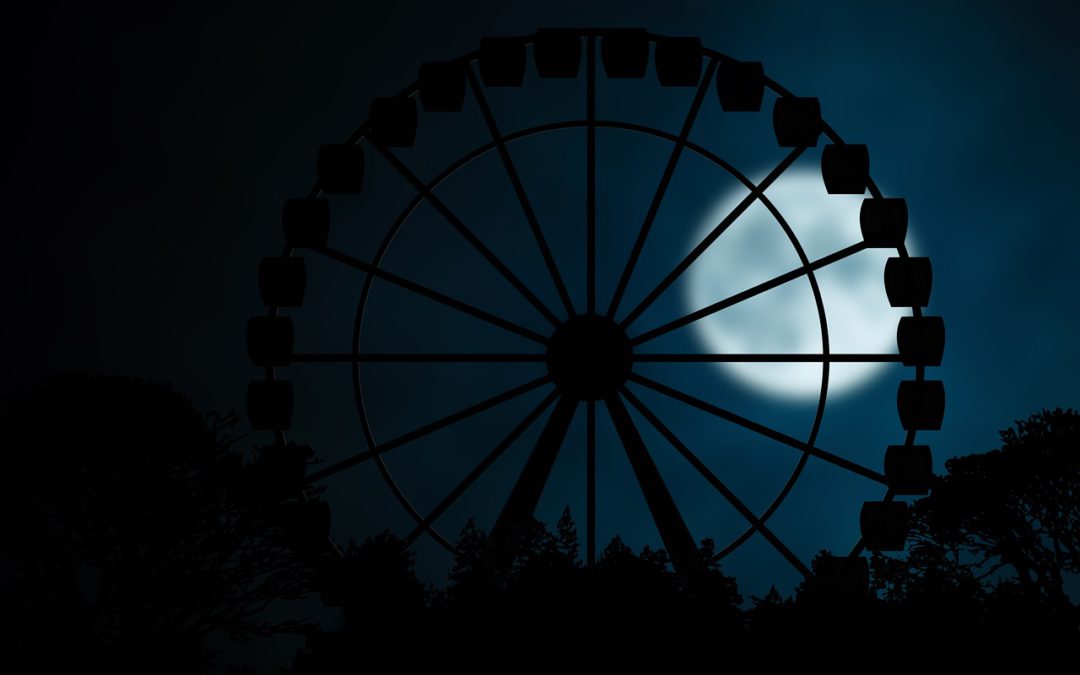

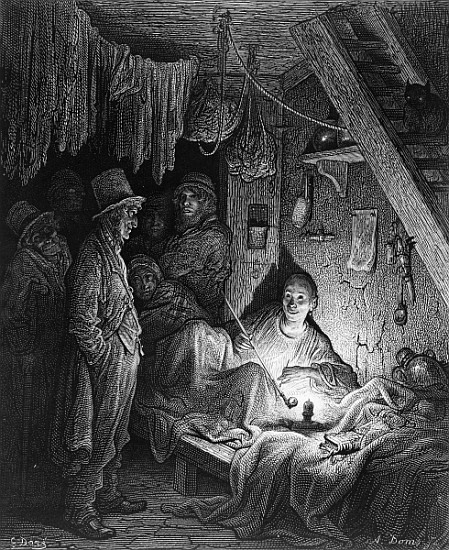
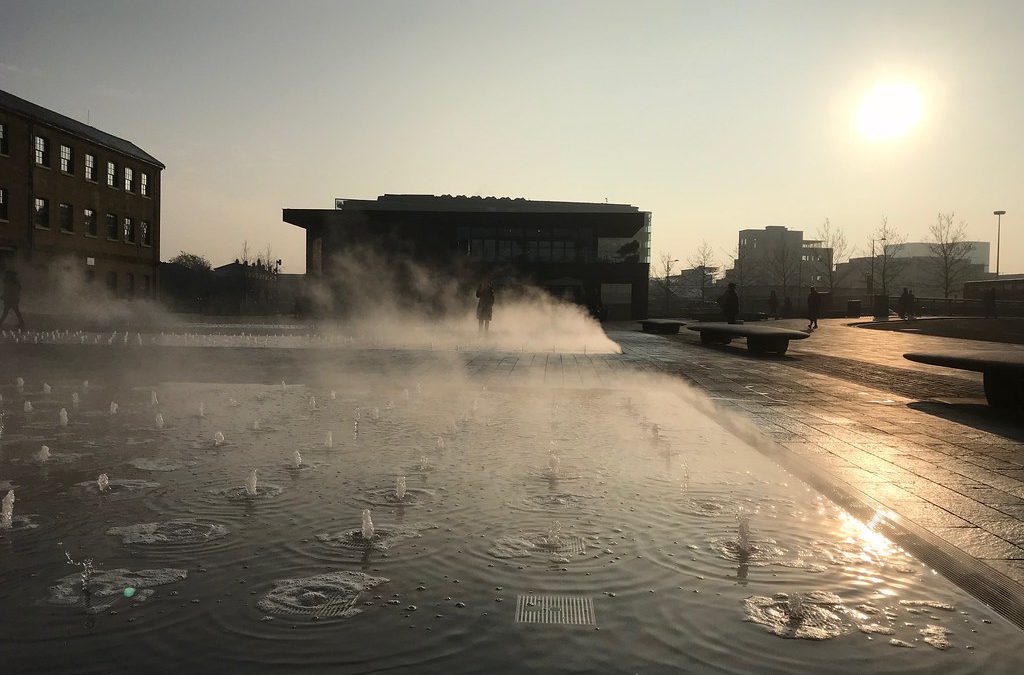
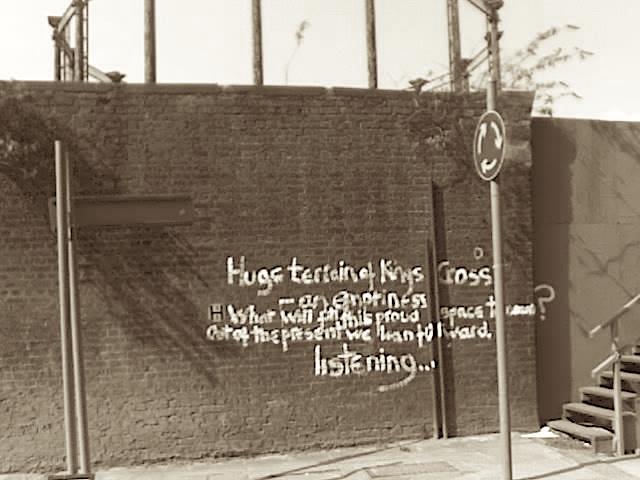
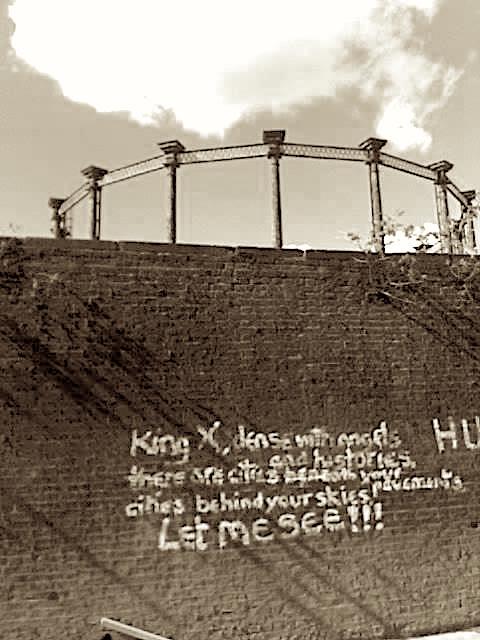
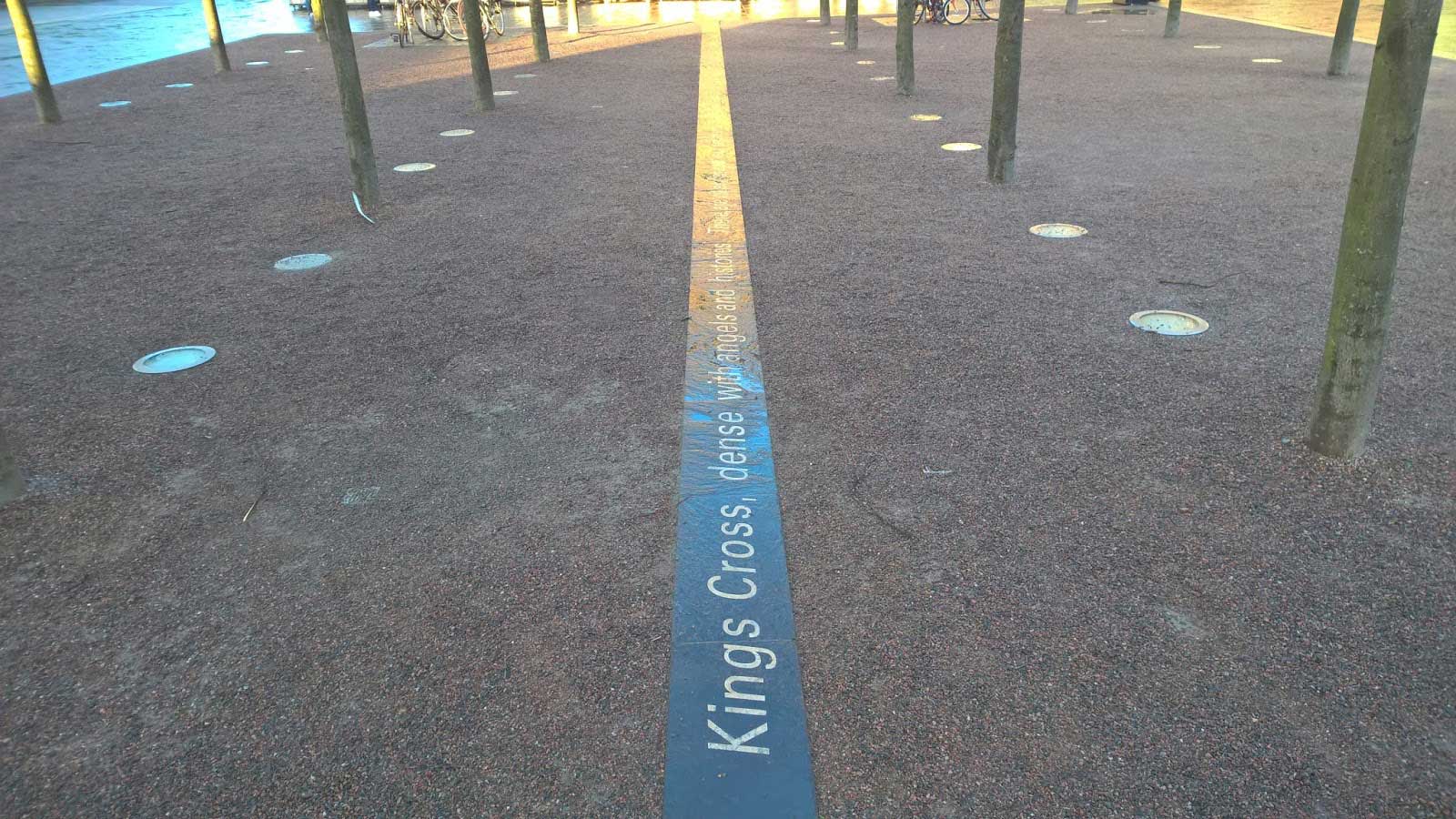
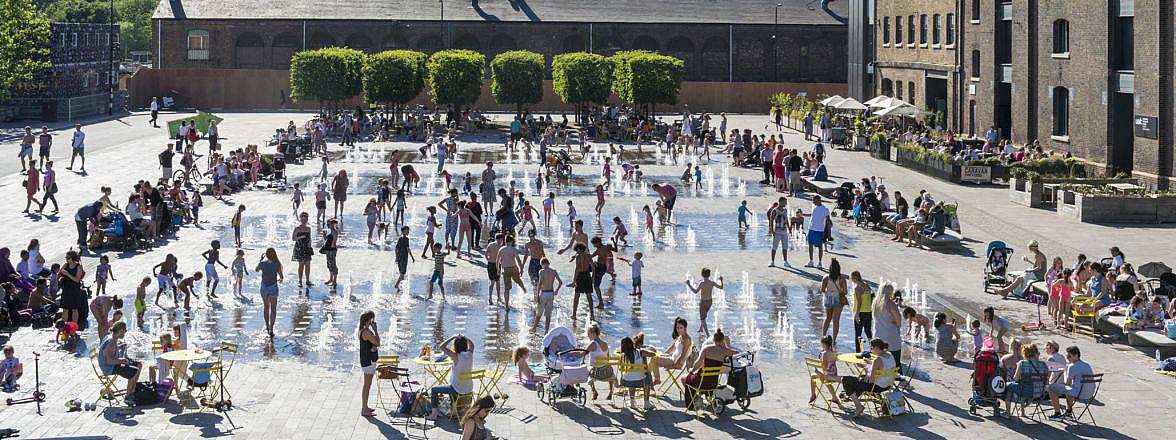

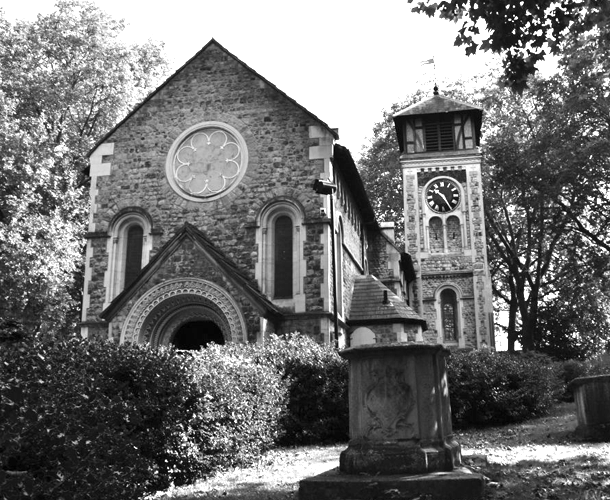
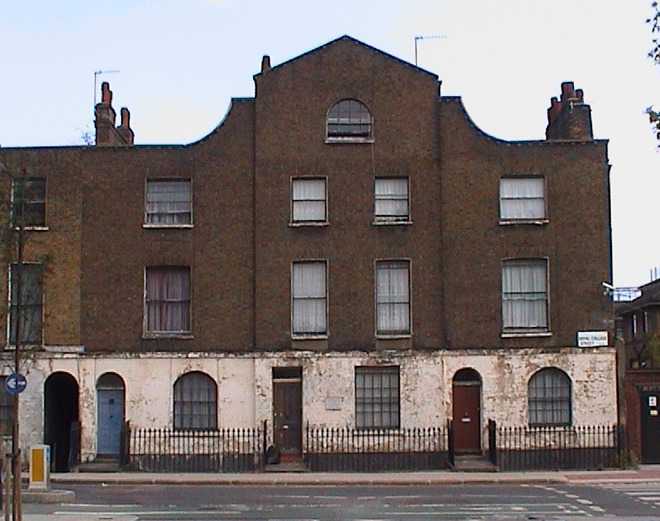
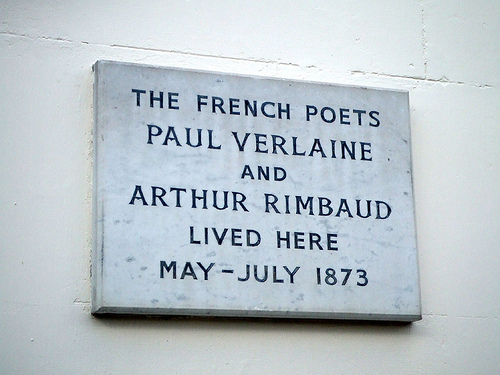
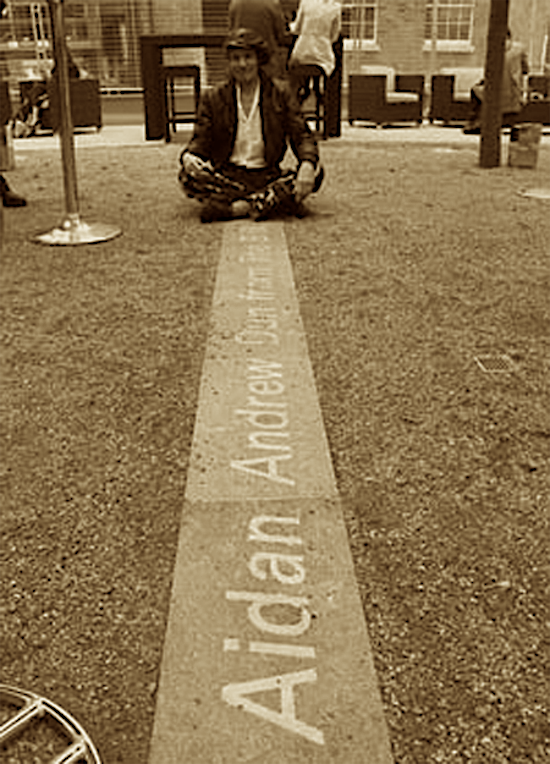


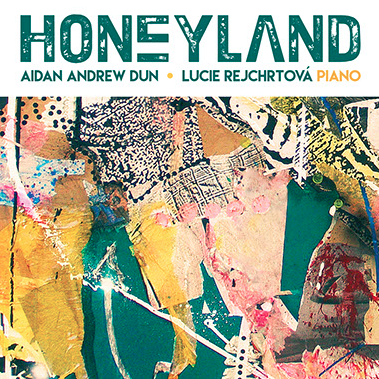

Recent Comments